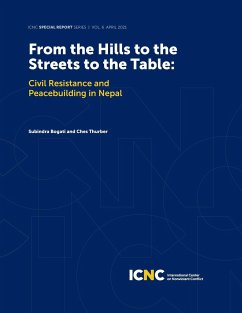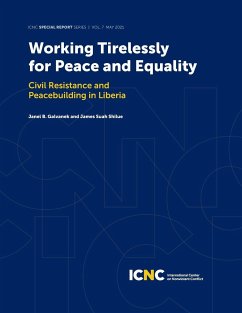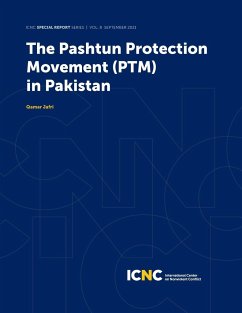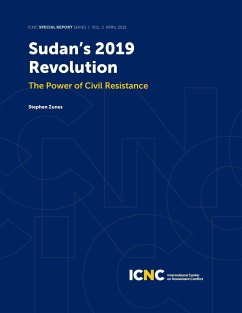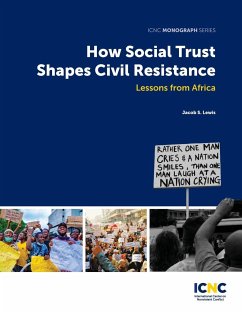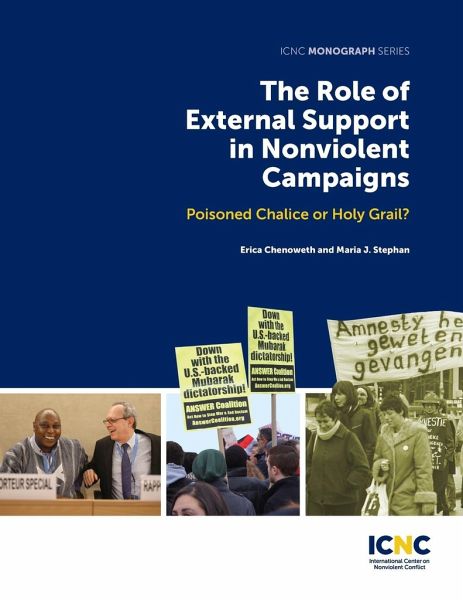
The Role of External Support in Nonviolent Campaigns
Poisoned Chalice or Holy Grail?

PAYBACK Punkte
13 °P sammeln!
Nonviolent campaigns usually take place in complex domestic and international settings, where support from outside actors can be a double-edged sword. We argue that nonviolent campaigns tend to benefit the most from external assistance that allows them to generate high participation, maintain nonviolent discipline, deter crackdowns, and elicit security force defections. But various forms of external assistance have mixed effects on the characteristics and outcomes of nonviolent campaigns. We use original qualitative and quantitative data to examine the ways that external assistance impacted th...
Nonviolent campaigns usually take place in complex domestic and international settings, where support from outside actors can be a double-edged sword. We argue that nonviolent campaigns tend to benefit the most from external assistance that allows them to generate high participation, maintain nonviolent discipline, deter crackdowns, and elicit security force defections. But various forms of external assistance have mixed effects on the characteristics and outcomes of nonviolent campaigns. We use original qualitative and quantitative data to examine the ways that external assistance impacted the characteristics and success rates of post-2000 maximalist uprisings. Among other findings, we argue that long-term investment in civil society and democratic institutions can strengthen the societal foundations for nonviolent movements; that activists who receive training prior to peak mobilization are much more likely to mobilize campaigns with high participation, low fatalities, and greater likelihood of defections; that donor coordination is important to be able to effectively support and leverage nonviolent campaigns; and that concurrent external support to armed groups tends to undermine nonviolent movements in numerous ways. Flexible donor assistance that supports safe spaces for campaign planning and relationship-building, and multilateral diplomatic pressure that mitigates regime repression can be particularly helpful for nonviolent campaigns.





